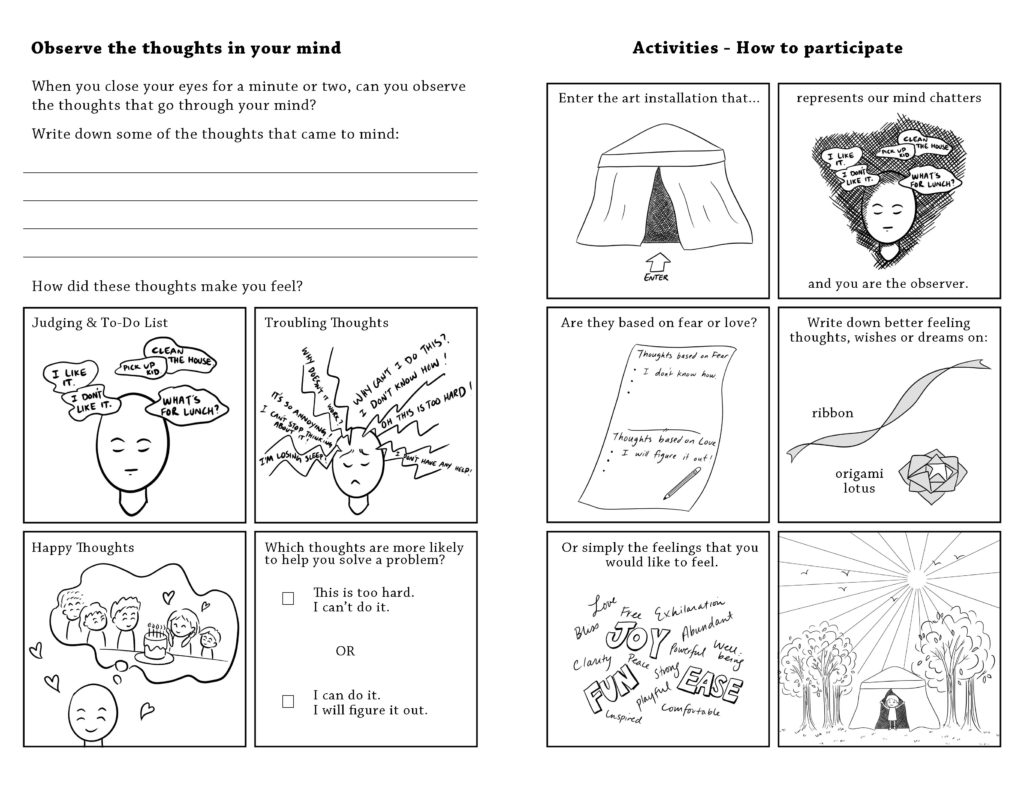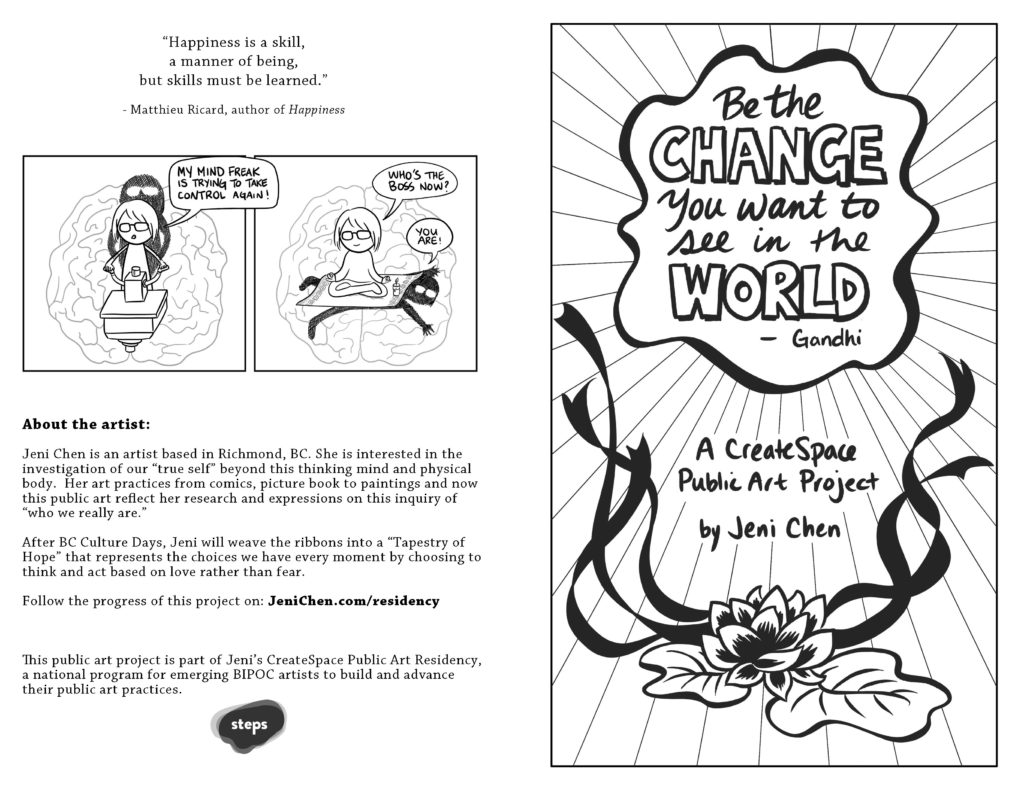Thank you to all the brave people for sending me audio recordings of their fears and/or worries!
***(Please see how you can experience this art installation here.)
I am surprised by how many people said similar or exactly the same things!
I also think and feel a lot of the things people are saying on these audio recordings. I am also learning about some of my hidden worries and fears!
Although the purpose of my project is to become more aware of our thoughts and to pivot them into more constructive ways of thinking, I now hope people experiencing this art installation will realize that you are not alone! You are not the only one who feels this way. It also made me question where did we get those thoughts and believes from? Are we all brainwashed by mass media? Our society?
I tried to get recordings from a diverse group of people, from different age groups, genders and cultural backgrounds with different languages spoken at home (see the list of languages I have below). Shouldn’t I get a wide array of different fears and worries as we have different life experience? It’s probably not diverse enough but still, why do I keep getting the same fears and worries? Who’s been feeding us these disempowering thoughts?
For example: I was having tea time with other moms, one of them said she felt guilty for leaving the kids to her husband for a couple of hours. Why do women feel guilty when they spend time for themselves? Why do women feel like they have to do everything, take care of the kids and build their careers?
Another mom said she’s afraid any wrong words and/or actions will negatively impact her children’s life forever. She’s one of the most loving moms I know and why does she feel this pressure to be perfect? I know for sure she’s not alone in feeling this way.
As I am working on this project, I am reading Matthieu Ricard’s A Guide to Developing Life’s Most Important Skill: Happiness.
In this book, he said we spent time on getting a degree, building a career, raising a family, exercising our bodies but we don’t spend time on developing the skill of being happy.
It starts with going inward, becoming aware of our thoughts and managing those thoughts: knowing which ones lead to pain and which ones contribute to well-being.
Matthieu Ricard is a genetic scientist turned Buddhist monk. I like how he references scientific studies like an actual scientist. And scientists believe positive thoughts have an evolutionary advantage because they help us “build resilience and influence the ways people cope with adversity.”
I made a booklet that explains the project to people. I was planning to hand them out during BC Culture Days but it took me seven minutes to print, fold and staple each booklet. I’ve since then made my booklet into a single sheet (double-sided) that you can read below or download here (Chinese version 中文版):


Here is a list of the languages I have in the audio recordings so far:
English
Spanish
Korean
German
Filipino
Japanese
Mandarin
Cantonese
Taiwanese
Portuguese
Farsi
Indonesian
Urdu
Ukrainian
Punjabi